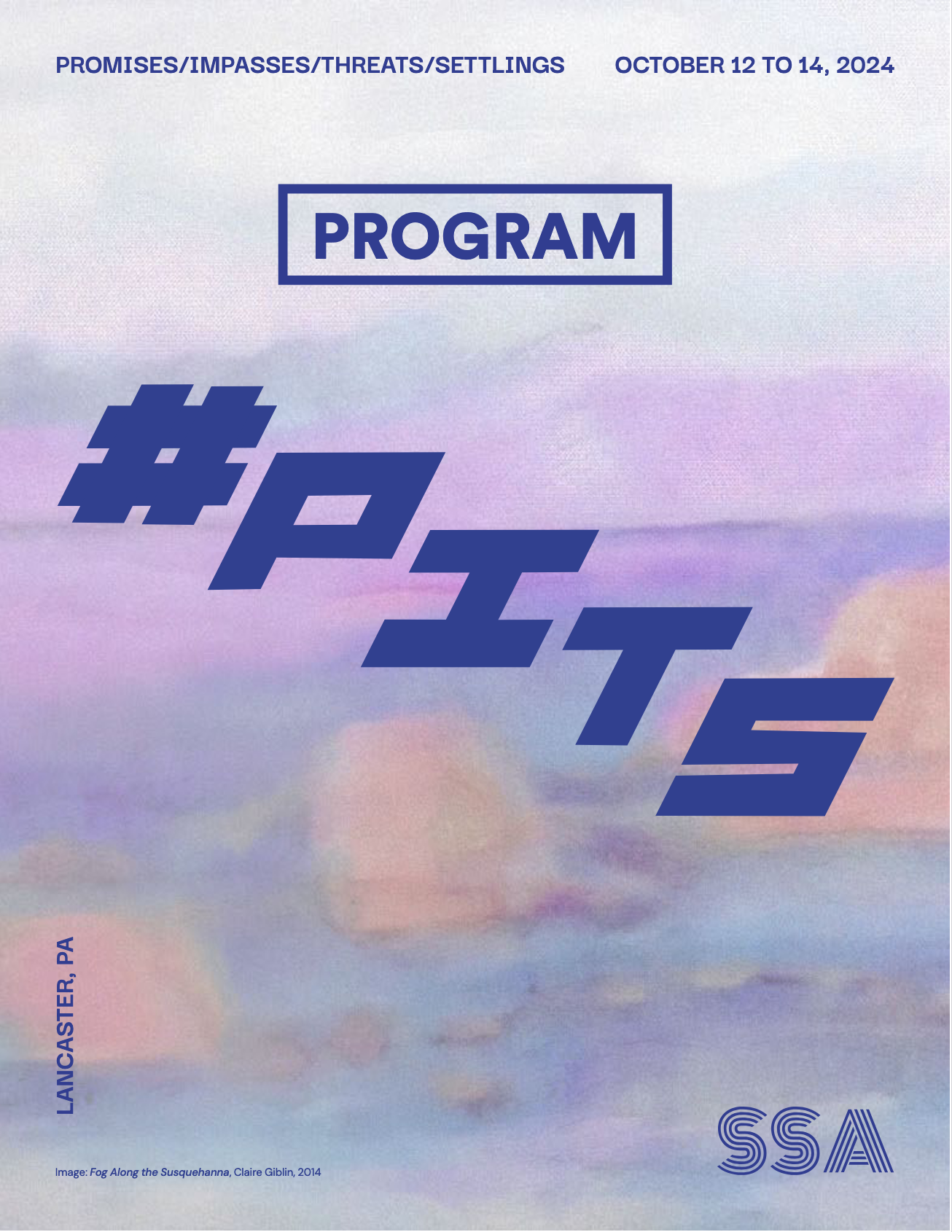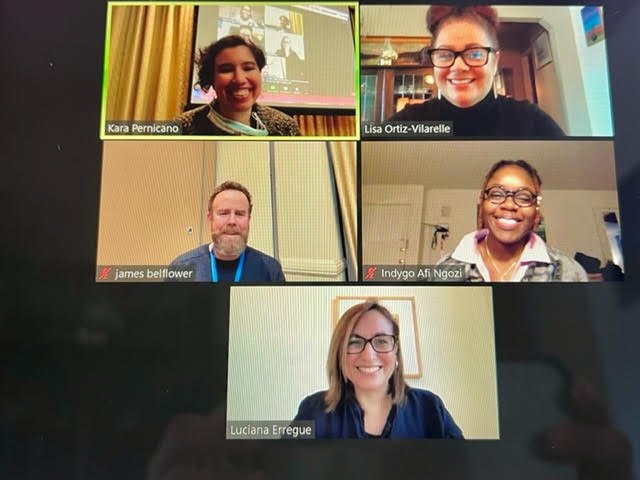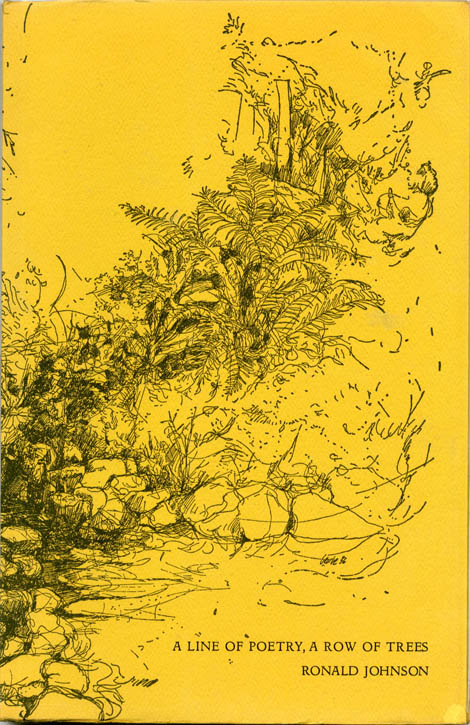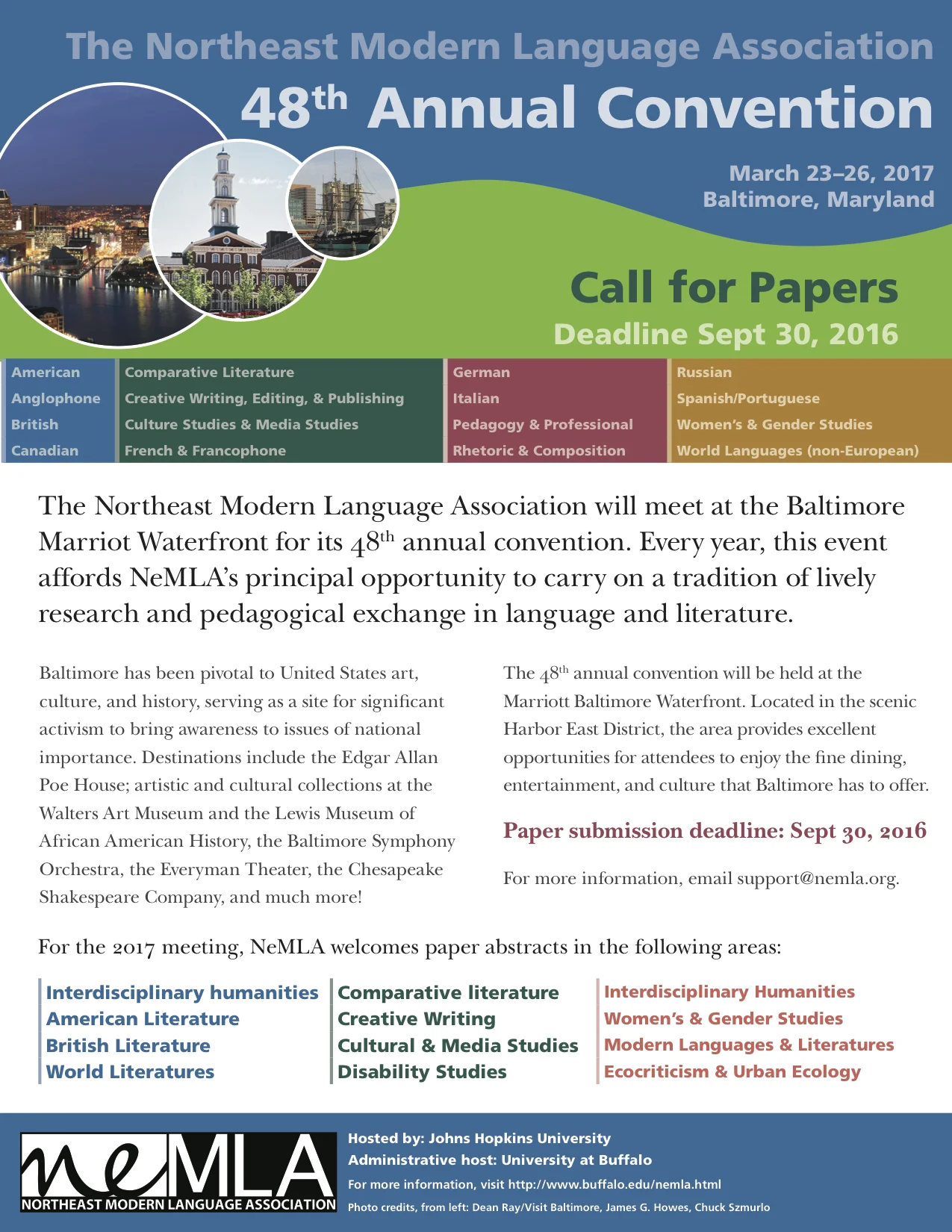
Scavenging the Ecobody: Making Oddkin in Scavengers Reign
Society for the Study of Affect 2024 Conference
I’ll be presenting my paper “Scavenging the Ecobody: Making Oddkin in Scavengers Reign.” Hope to see you there! Here’s the abstract while you wait.
Scavengers Reign (2023) is an animated eco-horror series created by Charles Huettner and Joseph Bennet that follows five stranded astronauts as they negotiate the speculative flora and fauna of the planet Vesta-1 to find a way to contact their ship, Demeter 227, and return to their home planet. While scavenging archetypes abound in film and television, scavenging is typically portrayed as a parasitic activity, a one way relationship characterized by the search for and collection of anything usable from discarded waste. However, I argue that in Scavengers Reign, scavenging is an affective and material collaborative relationship with one’s environment that employs the minor intimacies associated with the use of fine motor skills (as in hair cutting, surgery, and drawing) to extract, combine, and implement life supporting strategies. Character’s intimate interactions with holes, incisions, perforations, slits, tentacles, wires, and tongues abound on Vesta-1, suggesting that a scavenging lifestyle is not fundamentally parasitic, but sensuously and viscerally interdependent.
While some scavenging relationships in the series are reduced to use value, and often portrayed as destructive—characters extract a certain chemical to power an organic flashlight contained in a clear amoeba-like organism—a large part of scavenging is improvisational, speculative, and life giving, imagining potential values for unexpected components encountered during a picking. In effect, what the characters of Scavengers Reign largely cultivate to survive is the adaptive qualities of a sensual knowledge. Without the experience gained through the small hands-on intimacies of scavenging, which supports the praxis of this pedagogy, these characters could not survive with the new forms of life they encounter regularly on Vesta-1.
In fact, scavenging throughout the series increasingly relies on the recognition of a growing permeability between technology, human, plant, and animal life to such a degree that each survives only by embodying the process of porosity and repurposing portions of each other’s bodies. While this permeability might evoke negative body horror tropes (the exploitative, malicious, torture-porn) or lead to a generic type of rebirth or transcendence, it instead “stays with the trouble” (to evoke Donna Haraway) lingering in the complex mutations that slip between plant/human/animal. While the body horror of Scavengers Reign might be read as a speculative future of our Anthropocene—when our planet tires of humanities generally parasitic relationship to its resources and returns the treatment—I assert that it is much more productively considered through the way in which it poses scavenging as a complex mode of living and sustaining the porous relationality of “oddkin” (à la Donna Haraway). In this sense, survival on Vesta-1 unsettles current plant, human, tech, and animal boundaries in an effort to mutate new ways to live.












![[Dis]embodied Poetics Conference: Writing/Thinking/Being](https://images.squarespace-cdn.com/content/v1/530e9241e4b0ce739900b07d/1408401373055-DIUMYIPA4BF26F2C83DR/image-asset.jpeg)